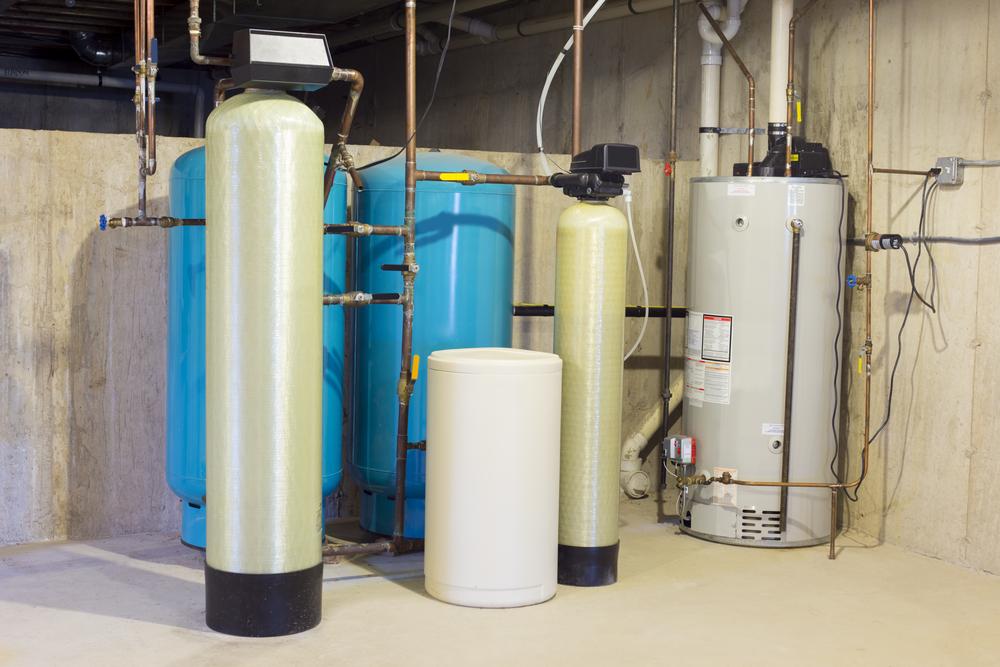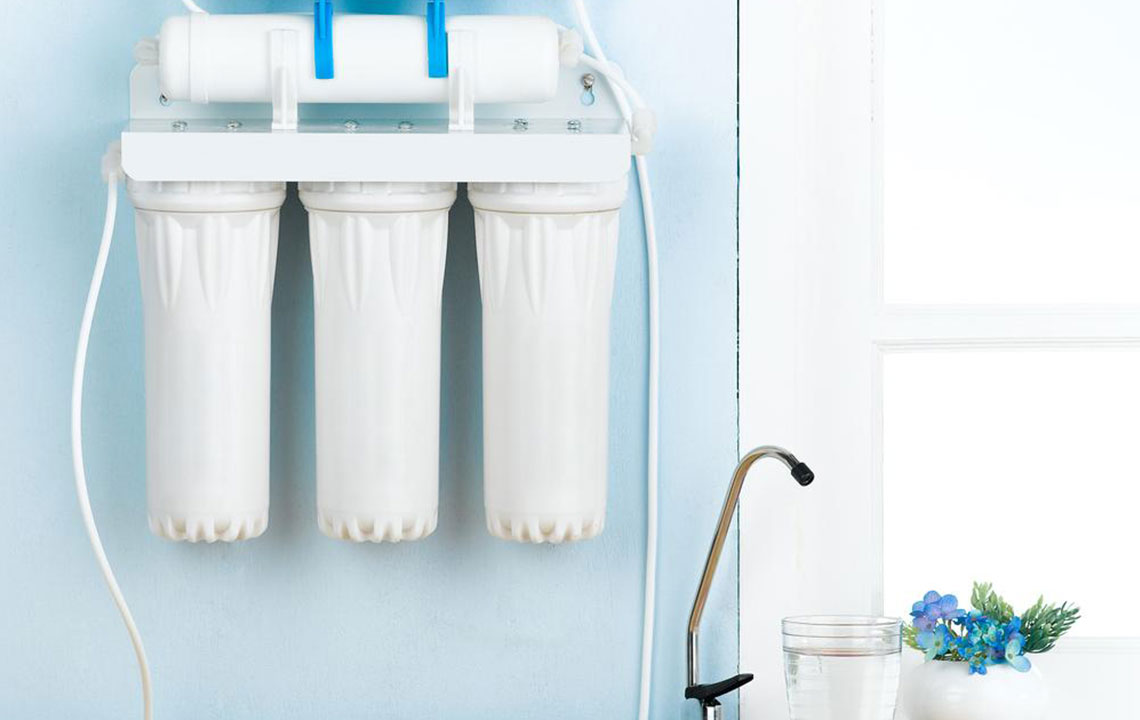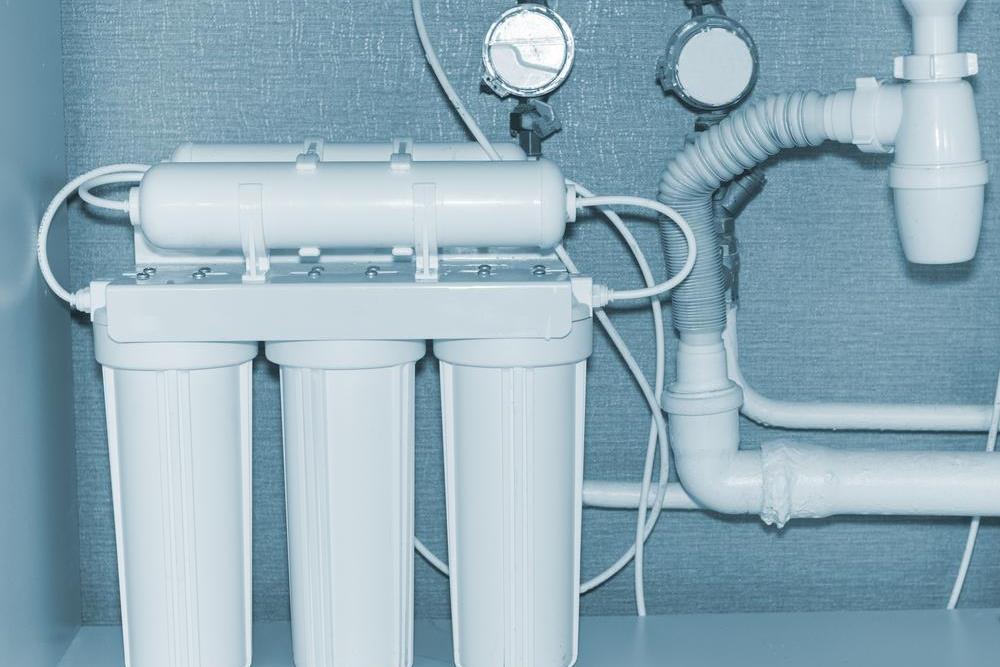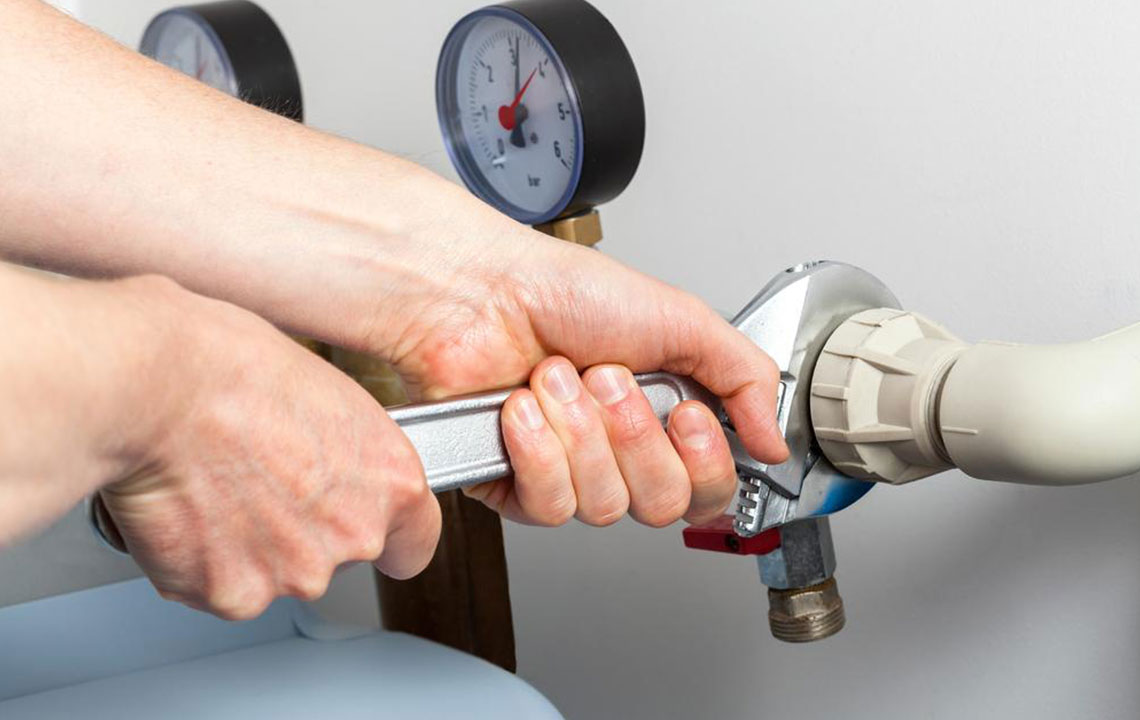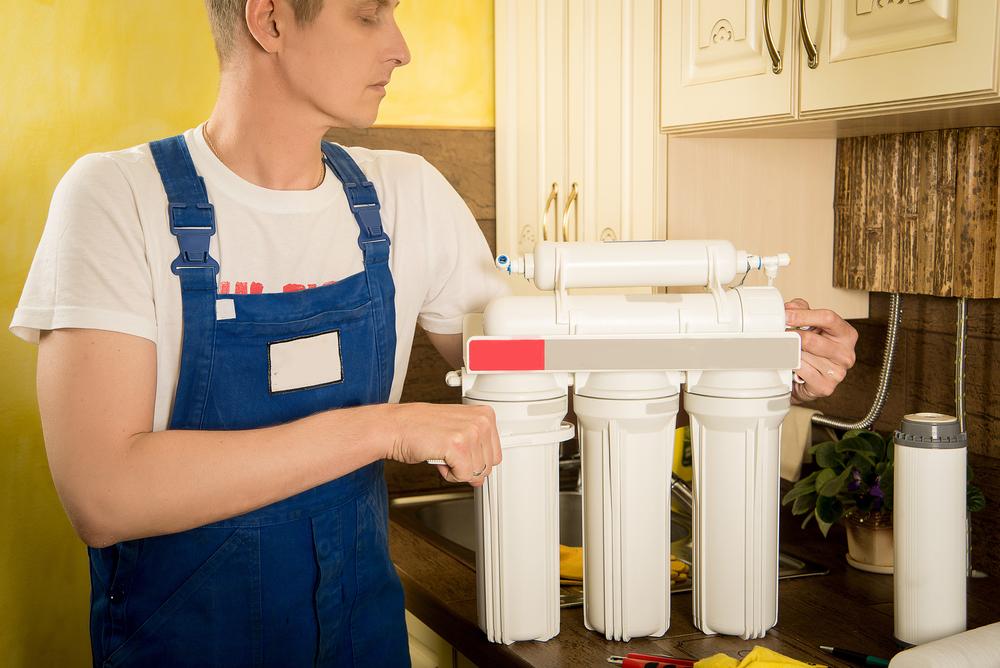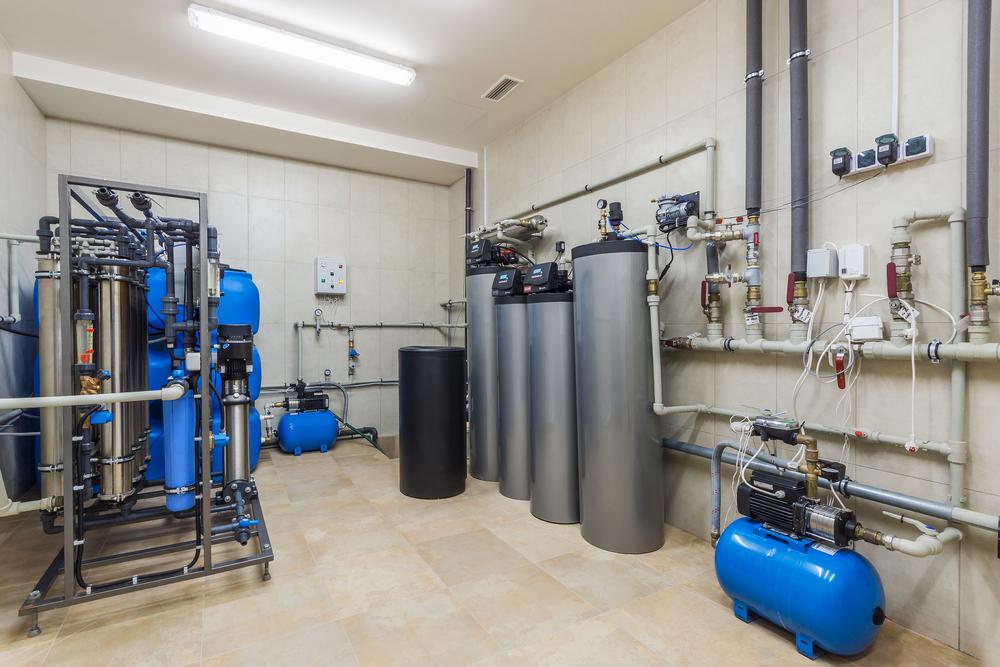Advantages of Installing Water Softening Equipment
Discover the key benefits of water softener systems, which help prevent pipe scaling, protect appliances, and improve skin and hair health. Easy to install and budget-friendly, they are a smart choice for households dealing with hard water. Proper testing ensures you select the right system for your needs.
Sponsored
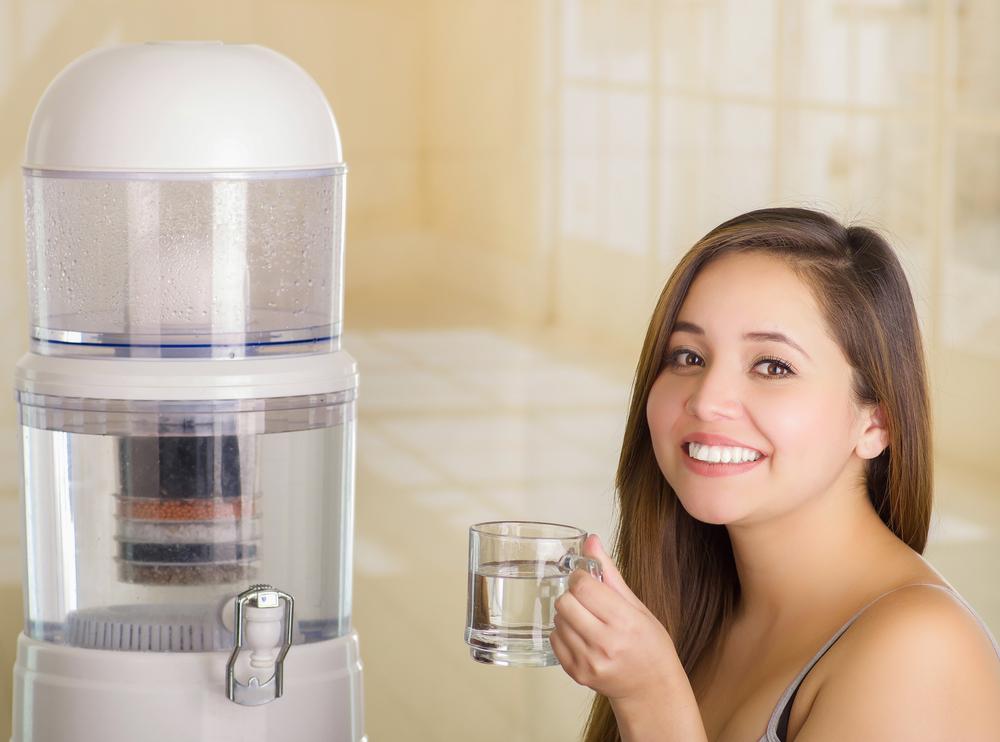
Many communities face the challenge of hard water, which can negatively impact hair, skin, appliances, and plumbing systems. Hard water causes mineral buildup that can clog pipes and damage appliances over time. Installing a water softener is a practical solution, with various models available to suit different needs and budgets.
Understanding how water softeners function is essential. Typically, these systems exchange calcium and magnesium minerals for sodium, resulting in softer water that often has a slight salty taste. The device usually contains resin beads and a salt or brine tank. Water passes through these components, where sodium ions are exchanged for hard minerals, softening the water.
Benefits of water softening include:
Preventing scale buildup in pipes, reducing maintenance costs
Protecting skin and hair from dryness and damage caused by hard water
Making cleaning tasks easier and surfaces shinier
Improving washing efficiency, keeping clothes brighter and softer
Extending the lifespan of appliances like dishwashers, water heaters, and washing machines
Saving money on plumbing repairs and appliance replacements
Lowering energy consumption since soft water heats faster
Reducing soap scum formation for easier bathing and cleaning
Note: For those on low sodium diets, softening water may not be recommended due to increased sodium levels.
Before purchasing a water softener, it's advisable to test your home's water hardness. Many providers offer testing services, and testing kits are also available for DIY assessment.

